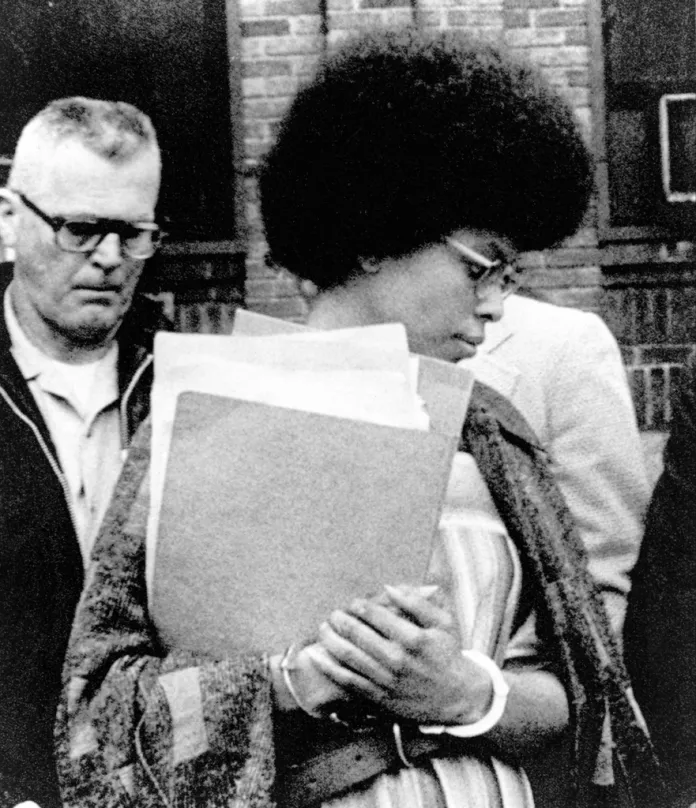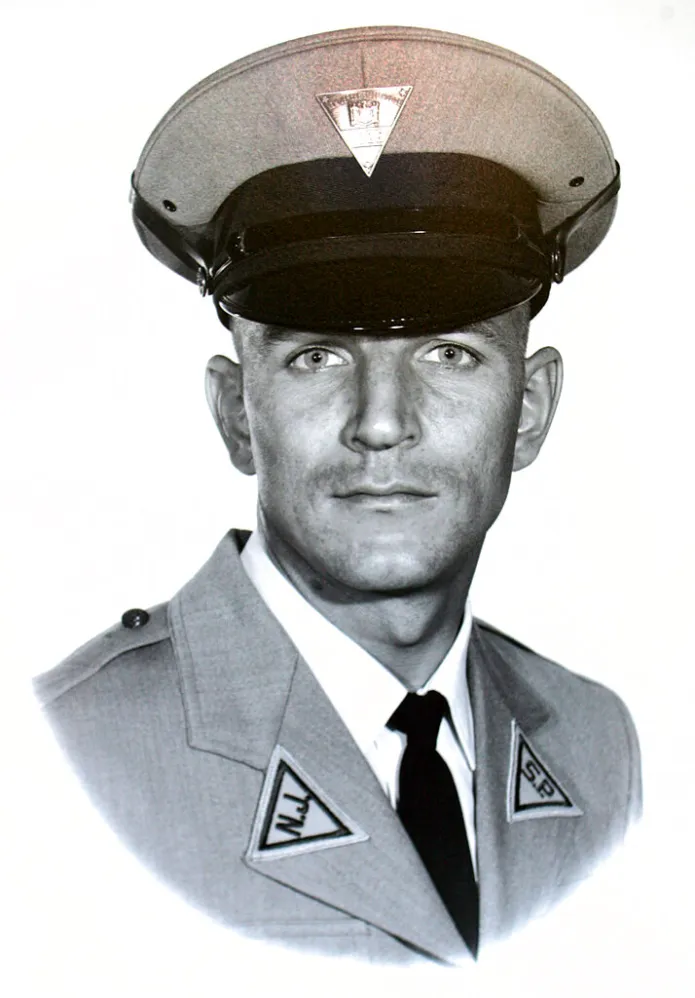Assata Shakur, a radical black militant fugitive who murdered a New Jersey state trooper, died of natural causes in Cuba at age 78.
A statement from the Cuban Ministry of Foreign Affairs said Shakur died in Havana due to “health problems and advanced age.” She had become an icon of left-wing individuals for her actions as a member of the communist separatist Black Liberation Army, which engaged in the assassinations of low-level police officers, bank robberies, bombings, and other crimes.

Shakur was convicted of murdering Vietnam veteran and New Jersey State Trooper Werner Foerster in 1973 after a vehicle with her and several BLA members in it was stopped over a broken taillight. She was wounded in the ensuing shootout with police and arrested.
Shakur was ultimately sentenced to life in prison for the murder, the wounding of another officer, and numerous bank robberies she had committed previously. She was broken out of prison by two BLA members in 1979, then fled to communist Cuba, where she was granted asylum.
Shakur, the godmother of rapper Tupac Shakur, spent the rest of her life in Cuba, working for state media and publishing her writings. She published her autobiography from Cuba in 1988, a work still lauded in left-wing circles today. Many of the early leaders of the Black Lives Matter movement cited her as an inspiration.

The convicted police-killer’s asylum in Cuba would be a long-standing source of tension between Havana and Washington. U.S. lawmakers repeatedly tried to get her extradited, to no avail. She was added to the FBI’s most wanted terrorists list in 2013.
Many leftists mourned her death, with tributes spreading widely on social media.
Others voiced sadness over her death for much different reasons, bemoaning the fact that she died of natural causes without being brought to justice for her crimes. Many of these came from New Jersey, where Foerster is still mourned.
“Sadly, it appears she has passed without being held fully accountable for her heinous crimes,” Gov. Phil Murphy and State Police Superintendent Patrick Callahan said in a joint statement. “Unlike his killer, Trooper Foerster never had a chance to live out his days in peace.”
They said that they would “vigorously oppose” any attempts to repatriate Shakur’s remains to the U.S.
New Jersey State Assemblyman Michael Inganamort voiced his disappointment that the efforts of the law had been to naught. He sponsored a 2024 resolution calling on Cuba to extradite Shakur, saying that “justice was never served.”
The labor union representing New Jersey police officers bashed Shakur “for her crime and cowardice.
COMMENTARY: THE MASS PSYCHOSIS OF BLACK LIVES MATTER
A memorial page for Foerster saw renewed activity with the news of his murderer’s death.
“The animal who did this to you entered hell yesterday at 78 years old. She will be forgotten, but you won’t,” a user calling themself Civilian TJ Mark said on Foerster’s tribute page on the Officer Down Memorial Page website.

